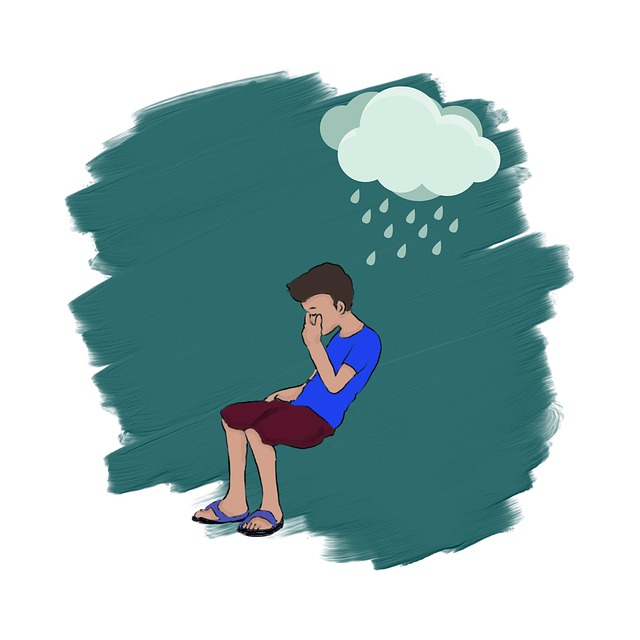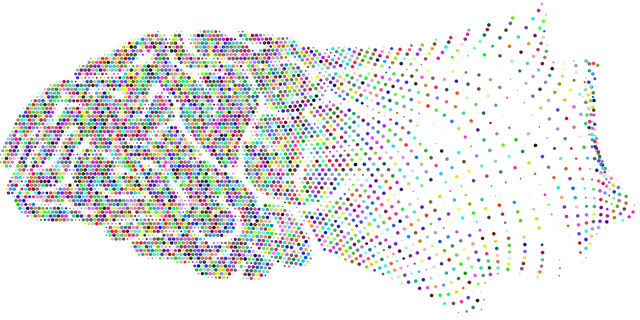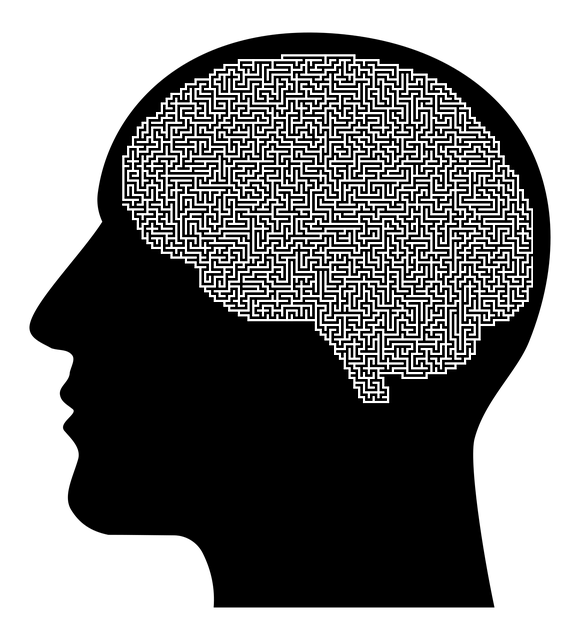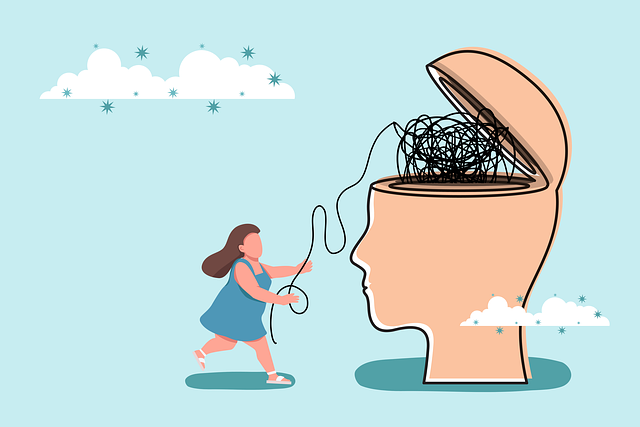The text highlights the detrimental impact of stigma on individuals with neuro disorders, hindering their access to support and treatment. It emphasizes the need for initiatives like Littleton Neuro Disorders Therapy to combat this issue. Through destigmatization, tailored interventions, and supportive networks, these programs empower people to manage their mental health. The article suggests strategies such as resilience-building, non-stigmatizing language, community engagement, and education to reduce stigma in clinical settings and foster a culture of understanding and compassion towards mental illness.
Mental illness stigma remains a significant barrier to accessing quality care, impacting individuals’ willingness to seek help. This article explores strategies to reduce mental health stigma, focusing on clinical settings, community engagement, and education. By understanding the profound effects of stigma, we can implement evidence-based practices like those offered by Littleton Neuro Disorders Therapy to foster supportive environments. Through collaborative efforts, we can work towards a more inclusive society where mental illness is met with compassion and understanding.
- Understanding Stigma and Its Impact on Mental Health
- Strategies for Reducing Stigma in Clinical Settings
- Community Engagement and Education for Stigma Eradication
Understanding Stigma and Its Impact on Mental Health

Stigma surrounding mental illness is a significant barrier to individuals seeking help and support for their well-being. It often manifests as negative attitudes, beliefs, and stereotypes about people with mental health conditions, leading to discrimination and social exclusion. This stigma can have profound effects on an individual’s life, impacting their self-esteem, ability to form relationships, and overall quality of life. Many individuals living with neuro disorders face challenges in various aspects of daily functioning due to societal perceptions that perpetuate the misconception that mental illness is a sign of weakness or personal failings.
Reducing stigma is crucial for fostering an environment where people feel comfortable discussing their mental health struggles openly. It encourages individuals to embrace self-care practices, inner strength development, and even consider mental wellness coaching programs as viable tools for managing their conditions effectively. Littleton Neuro Disorders Therapy, for instance, focuses on destigmatizing mental illness while empowering individuals to take charge of their mental wellness journey through tailored therapeutic interventions. By challenging societal norms and promoting understanding, we can create a supportive network that celebrates recovery and resilience in those navigating mental health challenges.
Strategies for Reducing Stigma in Clinical Settings

Reducing stigma in clinical settings is a multifaceted approach that involves both policy changes and cultural shifts. One effective strategy for mental illness stigma reduction efforts is to integrate resilience-building initiatives into treatment plans. At centers like Littleton Neuro Disorders Therapy, therapists can empower patients by teaching them coping mechanisms and adaptive behaviors, fostering an environment where individuals feel more equipped to manage their conditions openly. This not only strengthens patient self-esteem but also encourages honest communication about mental health challenges.
Additionally, implementing clear Communication Strategies is pivotal in stigma reduction. Healthcare professionals should use non-stigmatizing language, avoid labeling, and frame discussions around mental illness as a journey towards recovery rather than a lifelong struggle. By modeling inclusive behavior and actively listening to patients’ experiences, clinicians can contribute significantly to Mental Illness Stigma Reduction Efforts. These simple yet powerful approaches can create a more welcoming atmosphere in clinical settings, ultimately encouraging individuals to seek help without fear of judgment.
Community Engagement and Education for Stigma Eradication

Community engagement and education are powerful tools in the battle against mental illness stigma. By fostering open conversations and sharing accurate information about neurodiversity and various mental health conditions, such as those treated by Littleton Neuro Disorders Therapy, we can create a more understanding and supportive environment. Local communities play a vital role in eradicating stigma through initiatives that promote self-care practices and emotional intelligence, encouraging individuals to seek help without fear of judgment.
Educational programs can teach effective stress reduction methods, helping people manage their mental health proactively. These efforts ensure that those facing challenges have access to resources and support systems, ultimately reducing the impact of stigma and fostering a culture of compassion and empathy towards mental illness.
Mental illness stigma reduction is a multifaceted approach that involves understanding its impact, implementing strategies in clinical settings, and engaging communities through education. By fostering empathy and knowledge, we can create a more inclusive environment, similar to the supportive atmosphere offered by Littleton Neuro Disorders Therapy, where individuals feel empowered to seek help without fear of judgment. Community efforts, coupled with clinical interventions, are key to eradicating stigma and improving mental health outcomes for all.












